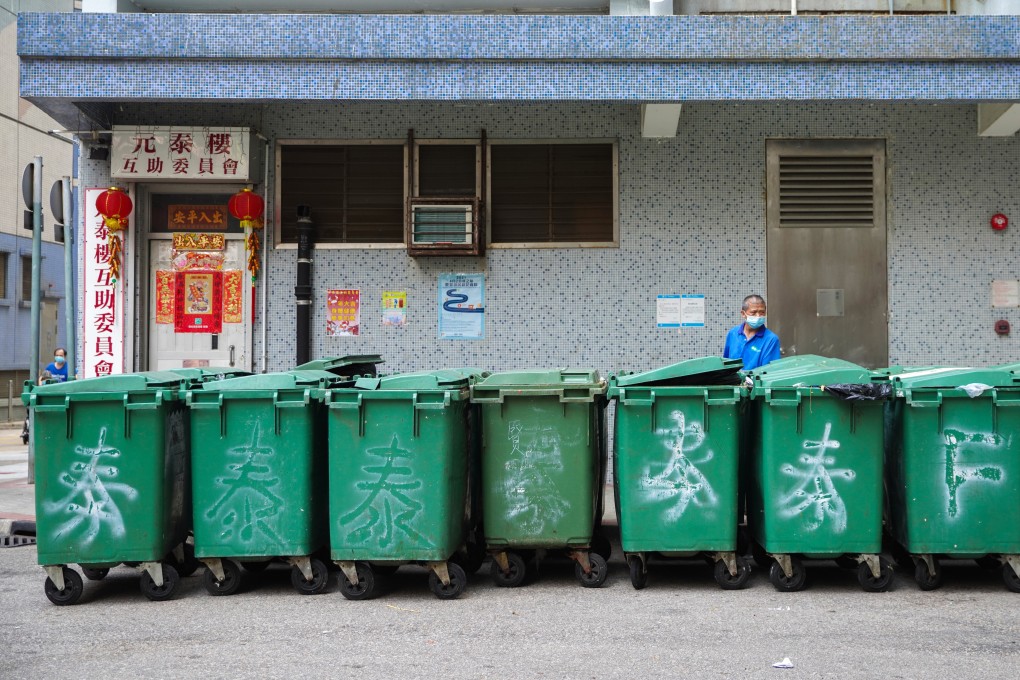Hong Kong residents to pay for trash as lawmakers approve waste-charging scheme, but launch date uncertain
- Legco passes long-delayed legislation requiring households and shops to pay for rubbish bags expected to cost the average household up to HK$51 a month
- Mandatory waste-charging scheme aims to encourage residents to recycle and reuse rather than rely on landfill

Lawmakers have passed long-delayed legislation to charge Hong Kong residents for their household rubbish, but it remains unclear when the scheme will launch after officials extended the implementation period indefinitely.
Environment minister Wong Kam-sing agreed to requests from legislators to allow at least 18 months to set up the system that will require residents to buy government-made bags to dispose of their trash.
But green groups blasted the concession on Thursday, saying the lack of a clear timeline for implementation – originally set for between a year and 18 months – would prevent waste reduction from moving “full steam ahead”.
“We will use this preparation time well,” Wong said after the bill was passed in the Legislative Council by a vote of 37 to one. “This does not mean the change will only come after the 18 months. Rather, we will spend this time raising awareness and supporting a green transition.”
Ahead of the vote, Wong met calls from lawmakers to boost recycling by promising to open 10 sites across the city and expand an existing pilot scheme for collecting plastic to cover nine districts, up from three.
Under the scheme managed by the Environmental Protection Department, residents and operators of street-level shops that use government refuse collection services must buy rubbish bags produced and sold by the administration.